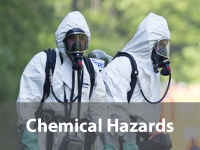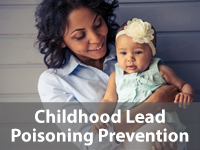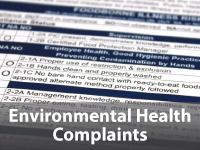Rabies Control

Wild Animals are Not Your Friends
The goal of the Rabies Control Program is to minimize the spread of the rabies virus in the human population. The EH Section conducts investigations and provides technical assistance to private physicians, veterinarians, hospital emergency rooms, and local animal control shelters by following the Rabies Control Law, O.C.G.A. 31-19. The EH section coordinates specimen testing with the Georgia Public Health Laboratory. Any animal suspected of having rabies should be reported to your local health department.
What is Rabies?
Rabies is a viral disease that can be carried by mammals, usually occurring in wild animals. The virus can be transmitted through an infected animal’s saliva through a bite, but in rare cases, rabies can spread from infectious material coming in contact with mucus membranes like eyes, the nose or mouth or an open wound. Once it enters the body, rabies attacks the brain causing encephalopaty and death.
Symptoms of Rabies
There is a misconception that a rabid animal can be identified easily because the drool and foam at the mouth. This may never occur in an infected animal or may only occur at the late stages of the disease. Any abnormal-acting animal, whether a wild animal, a pet or farm animal, should be suspected of having rabies. Infected animals may stagger, have difficulty walking, appear restless, act aggressive or overly-friendly or appear to be choking. Any animal suspected of having rabies should be reported to your local health department.
Early symptoms in humans may include fever, headache and tiredness. As the disease progresses, signs of anxiety, insomnia, confusion, excitement, hallucinations, agitation, paralysis, difficulty swallowing, hypersalivation and hydrophobia (fear of water) may appear. Death usually occurs within days of the appearance of these symptoms.
Rabies Treatment
There is no known, effective cure or treatment for rabies once symptoms have developed. Rabies can be prevented in humans if medical treatment is sought soon after an exposure to the virus. Untreated, rabies is always deadly.
What to do if You Think You’ve Been Exposed to Rabies
Immediately clean the area with soap and water to reduce the likelihood of rabies transmission. Call your healthcare provider as soon as possible. Your doctor can consult with the Georgia Poison Center (800-282-5846 statewide) to decide proper treatment options. Always provide your healthcare provider with the following information:
- Type of animal involved (pet or wild animal)
- Provoked (teased, startled, run past, etc.) or unprovoked attack
- Type of exposure (cut, scratch, licking of an open wound), part of the body, number of exposures
- Animal’s vaccination status (does not apply to wild animals)
- Sick or well animal, type of symptoms
- Animal available/not available for testing or quarantine
Contact Your Local Environmental Health Office
Call your nearest health department to ask questions or to report any suspicious animals.
Learn about our related health services:
Additional Resources:
- CDC – Rabies
- CDC – Prevent Rabies in Animals
- DPH – Rabies
- State Electronic Notifable Disease Surveillance System – Online Reporting System for Healthcare Providers
- Georgia Notifiable Disease/Condition Reporting
- Georgia Rabies Control Manual


 Contact Us
Contact Us Locations
Locations Job Openings at North Central Health District
Job Openings at North Central Health District Internships
Internships Board of Health
Board of Health Cost and Insurance
Cost and Insurance Privacy Policy
Privacy Policy Teens & Adults
Teens & Adults For Children
For Children Other Programs
Other Programs County Environmental Health Offices
County Environmental Health Offices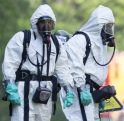 Chemical Hazards
Chemical Hazards Tourist Accommodations
Tourist Accommodations Food Service
Food Service Rabies Control
Rabies Control Lead Poisoning Prevention
Lead Poisoning Prevention Body Art
Body Art Land Use
Land Use Swimming Pool Program
Swimming Pool Program Water Testing for Private Wells
Water Testing for Private Wells Environmental Health Complaints
Environmental Health Complaints Georgia Food Recall Alerts
Georgia Food Recall Alerts Personal & Family Preparedness
Personal & Family Preparedness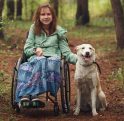 Emergency Preparedness for Functional & Access Needs
Emergency Preparedness for Functional & Access Needs Severe Weather Preparedness
Severe Weather Preparedness Emergency Preparedness Training
Emergency Preparedness Training Medical Reserve Corps
Medical Reserve Corps Regional Healthcare Coalitions
Regional Healthcare Coalitions Strategic National Stockpile/Medical Countermeasures
Strategic National Stockpile/Medical Countermeasures